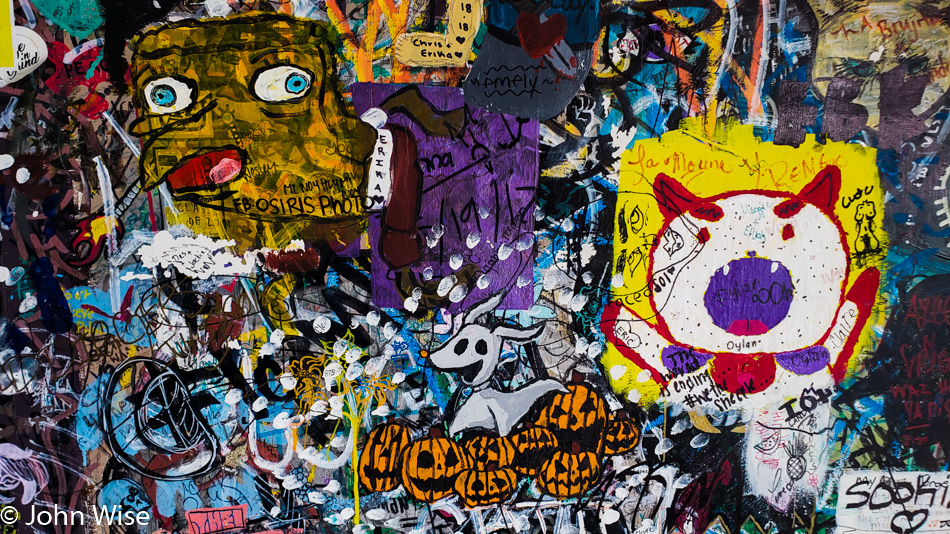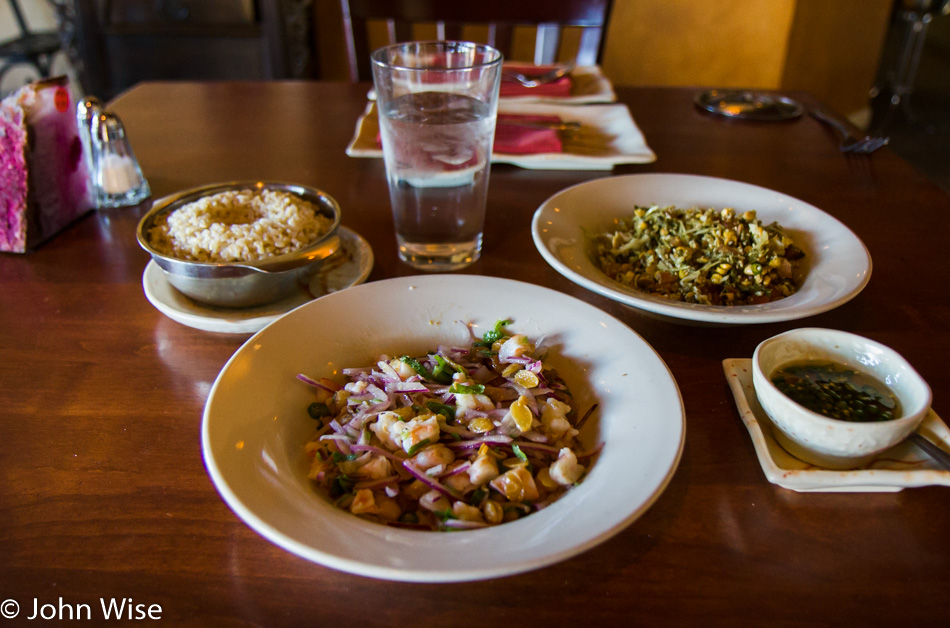
We in America are at a crossroads created by our own passion for mediocrity. A century ago we embraced American Exceptionalism as the hallmark of what set us apart from all others. Politically, militarily, economically, and with entertainment, we would sell this idea of brand America to the entire world. We were being catapulted into the future on the back of scientific invention and creativity. Then, in the 1970s, at the height of our prowess, we started to disparage the learned. A seed of intolerance and small-mindedness at what started being perceived as an economic and technological change too radical for many was the germination point where we began sliding into decline.
Our education system and cultural bearings were being unhinged as we immersed ourselves deeper and deeper into the hyperbole of hollow propaganda, that of being “great” without requiring us to demonstrate our efforts anymore. It is not good enough that we say we are great; we must show why we are so. We cannot claim greatness based on acts that we have done in the past. Imagine we’d disband the military and then tell some up-and-coming dictator that they couldn’t go to war anymore because we did these great things during World War II. We have to be prepared to enter the battlefield and prove our mettle. Likewise, we have to deploy millions on the intellectual battlefield to prove our innovation.
Today’s world is in conflict with a different kind of war, with atrocities inflicted upon innocent populations inside their minds where progress and human rights are the enemy combatants fighting on the side of progress. The carnage on culture is committed through neglect of the natural systems that sustain life and help it flourish, along with the subtle destruction of human inventions of education and healthcare. The potential winner of this war for the hearts and minds of the globe will hopefully be won by compassion and the enabling of potential.
At this juncture, it doesn’t appear that America will be the leader of the next wave of progress, as we’ve turned petty, self-destructive, mistrustful, fearful of crime and the threat of terrorism.
China, on the other hand, has been reforming its banking, insurance, and political architecture. Through modernization, its citizens are seen far more frequently on other shores spending freely. The crime rate is significantly lower than in the U.S., while healthcare coverage is near-universal and is rapidly evolving into a better system. A university education typically costs less than $15,000 for the entire four years. Smartphones are replacing cash, and their embrace is having a deeper impact than in many other countries.
This is not to put China on a pedestal but to point out that they appear to be making decisions for the advancement of their population instead of fomenting social issues that pull them off the global stage. While Americans recoil from near-daily mass shootings and fret about approaching immigrants, elusive healthcare, scandals, overwhelming debt, and disappearing job prospects, the rest of the world tries marching on.
It no longer matters where we went wrong, nor does it make sense to keep a scorecard of China’s progress. The fact is we are not setting forth a national vision, but instead, are reliant upon an outdated jingoism that is not preparing us to compete on the world stage aside from dealing with it militarily, and even that’s in doubt regarding its efficacy.
I’m afraid that resetting our footing would imply a need to emasculate an angry, testosterone-fueled male identity tied heavily to guns, motorcycles, big trucks, and larger-than-life attitudes. While there’s certainly a place for this in a well-balanced culture, it shouldn’t be the base layer of our attempt at civilization. Then again, America has always embraced the renegade and rebel. Johnny Badass and Sam Serialkiller hold sway over the American psyche as a kind of twisted Robin Hood taking power from those who keep the common man down.
No amount of lament from a nerd is going to change our character to embrace an intellectual renaissance where the rule of passion for the arts and science becomes the defining modality. Guns and violence, be they in our movies, in our sports, or the tools we require to fight the zombie apocalypse, are shining beacons of who we are at this time.
All the same, I cannot bite my tongue and muffle my scream of desire for a full-blown return to a culture of exploration where words, numbers, facts, science, enlightenment, and social cohesion rule the day. Sadly, my tilt at windmills feels foolishly paraphrased from a page written by Thomas More about a place we could call Unobtanium.
So why bother even writing this? Maybe it’s my way of finding a positive side of our species when it’s increasingly difficult to see our better natures. Maybe this is me trying verbally to manifest a change in a reality where the butterfly effect will ripple across the fabric of our place on Earth. Clearly, there have been many others with greater reach trying to draw in like-minded people who can help in the conversion of a citizenry that, in more than a small way, end up portraying themselves as lemmings. If these brand name activists have failed, why waste my time in even recognizing a problem that many have failed to repair? The outlook of despair is an unkind cramp on happiness and should be swept away with a firm embrace of a positive stance towards bettering ourselves.






